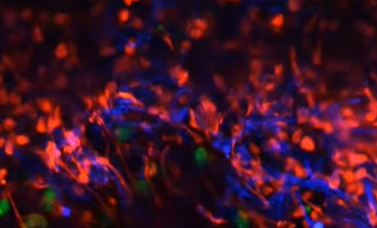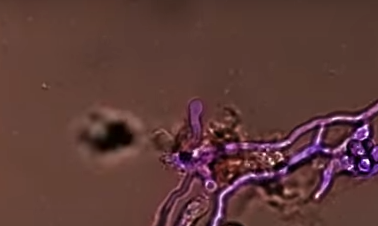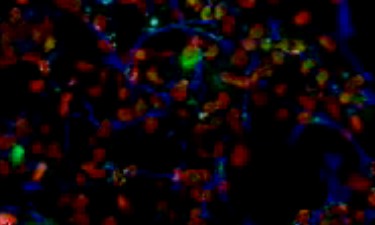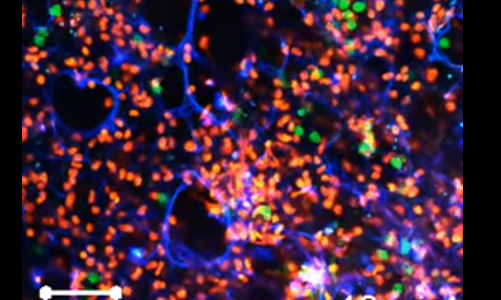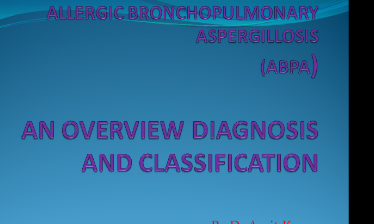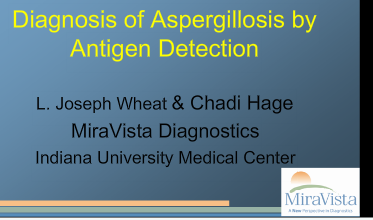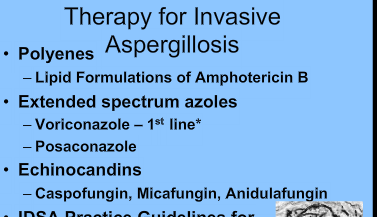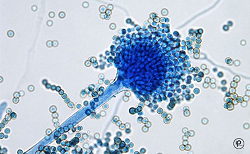Description:
Although people usually relate fungi with diseases, Dr. Anne Pringle provides an overview of the vastly diverse and complex world of fungi, and provides examples of the beneficial roles that fungi have on Earth. For example, although some fungi have been associated with devastating infections that threaten harvests every year, other fungi are mutualists needed for the healthy development of plants and animals.
In her second lecture, Pringle explains how one can use a “reverse ecology” approach to describe and characterize different organisms and their habitats, by studying their genes. Her laboratory used this approach to study the origins of the Bay Area Amanita phalloides. Although Amanita phalloides was thought to be an invasive species, historical records were mostly descriptive and hard to use as concrete evidence of the species’ biogeography. Using genetic information, the Pringle laboratory was able to definitively prove that early samples identified as Amanita phalloides in the US are distinct from the European species. They also used molecular data to document the symbiotic associations between Amanita phalloides and plants, proving the efficacy of these approaches to study species that are hard to grow in the lab.
In her third lecture, Pringle provides an overview of convergent interactions, defined as the independent emergence of multi-species interactions with similar physiological or ecological functions. For example, multiple plant lineages have independently evolved interactions with fungi in order to exchange resources and form what are known as mycorrhizal symbioses. To further understand how convergent interactions are formed, the Pringle laboratory studied the evolution of plants that have “pitcher”-like structures as well as the mycorrhizal symbiosis in the Amanitagenus.
Medical and Patient education videos
-
Title
Description
-

An interesting description of how a skin prick test is carried out with the intention of finding out which substances a patient is allergic to. Amongst other substances Aspergillus is tested for in this video.
This type of test is quick and easy to carry out and can be useful when screening a large number of allergens. More detailed description
-
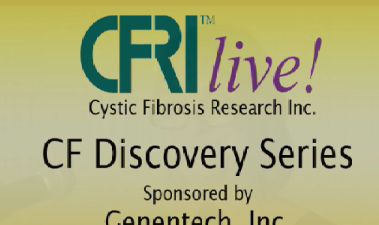
The CF Discovery SeriesTM is an informative and engaging program designed to educate and uplift those with cystic fibrosis. Through interactive presentations with experts in the field, those living with cystic fibrosis gain information in a setting which encourages camaraderie and community. You can attend these events in person. Guests attending in person must follow CFRI’s Infection Control Policy, found here.

